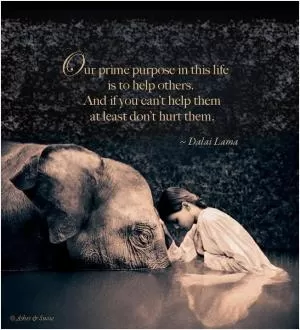No matter how many times he hurts me I always forgive him. Some call it stupid. Others call it love

No matter how many times he hurts me I always forgive him. Some call it stupid. Others call it love
Forgiveness is a powerful and complex emotion that can be difficult to understand and even more difficult to practice. It requires a deep sense of empathy, compassion, and understanding towards the person who has wronged us. It is often said that forgiveness is not for the other person, but for ourselves. It is a way of releasing the anger, resentment, and pain that we hold onto when we refuse to forgive.In the context of the statement, "No matter how many times he hurts me I always forgive him. Some call it stupid. Others call it love," forgiveness takes on a whole new level of complexity. It raises questions about the boundaries of love, the limits of forgiveness, and the power dynamics in relationships. It challenges us to examine our own values, beliefs, and self-worth.
For some, forgiving someone who repeatedly hurts them may seem foolish or naive. They may see it as a sign of weakness or a lack of self-respect. They may wonder why someone would continue to forgive someone who continues to hurt them. However, for others, forgiveness is a way of showing love and compassion towards the person who has hurt them. It is a way of acknowledging their humanity, their flaws, and their capacity for change.
Forgiveness is not always easy. It requires us to confront our own pain, anger, and fear. It requires us to let go of our desire for revenge or retribution. It requires us to be vulnerable and open to the possibility of being hurt again. But forgiveness is also a powerful act of healing and transformation. It can help us to release the negative emotions that hold us back and to move forward with a sense of peace and freedom.












 Friendship Quotes
Friendship Quotes Love Quotes
Love Quotes Life Quotes
Life Quotes Funny Quotes
Funny Quotes Motivational Quotes
Motivational Quotes Inspirational Quotes
Inspirational Quotes